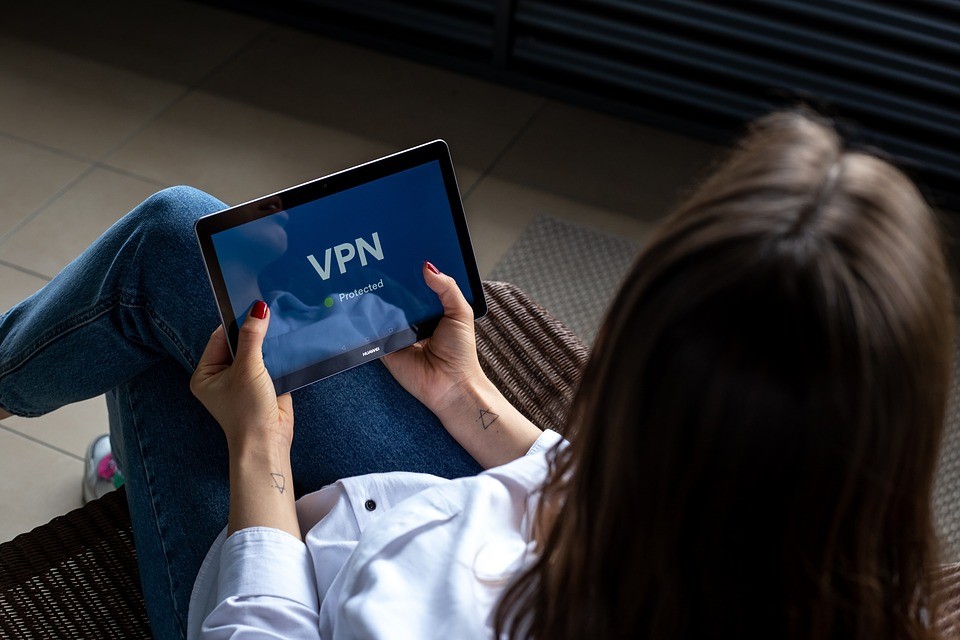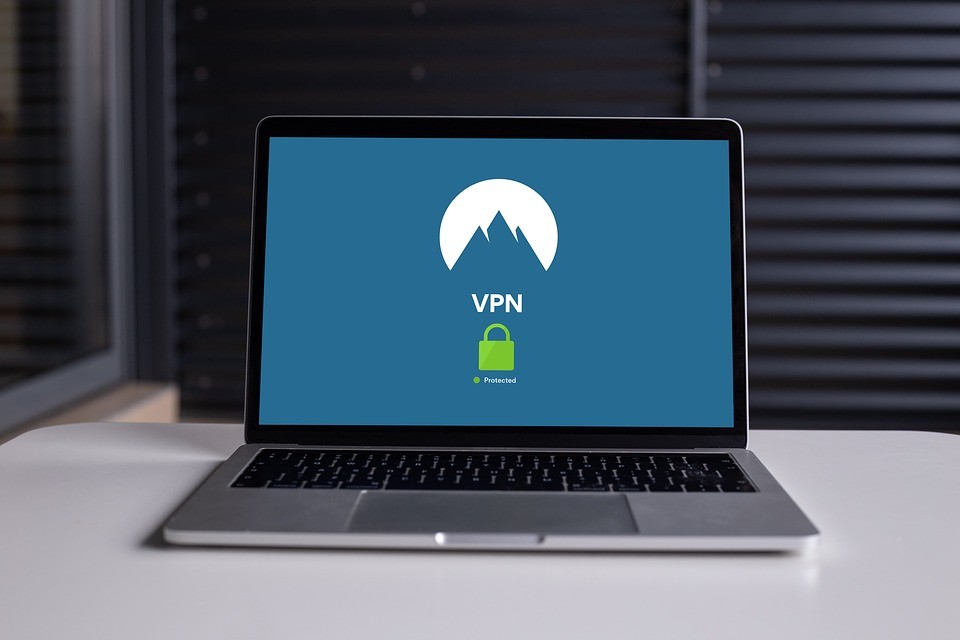
Today’s modern world paved the way for information to easily be accessed over the internet. It also enabled a seamless communication and collaboration even for people living on opposite sides of the globe. However, the data and information that you share online may not always be secured and this is where the VPN comes in.

VPN defined
VPN is an acronym for Virtual Private Network. It allows you to have privacy while surfing the internet by creating a secure connection over public or home networks. With a VPN, the data you access over the web is encrypted and routed through specialized servers. It is commonly used by large corporations and government agencies to provide remote and secure access to its employees.
How does VPNs work?
You need to have a VPN client, or an app where you can manage your VPN connections. You just need to select a server in a location of your choice and this server will encrypt and reroute your web traffic. All your Internet Service Provider, or ISP will see is that you have established a connection to a VPN, with all the other details of your traffic now invisible to your ISP. To mask your data, you will obtain a different IP address from your original one.
Benefits of VPNs
Capability to access geo blocked content
Streaming services usually have geo blocked content. That is, their videos and other streamed content can only be accessed by people in a certain location. Some examples of content that is offered only in certain countries are Netflix intended for the US and the BBC intended for the UK. With a VPN, you will be able to access these geo blocked wherever you are on the globe, but it comes with a price. For instance, a cheap VPN Canada locals recommend is NordVPN, which is also a major VPN provider across North America. For about $3 per month, you will be able to enjoy an exceptional level of streaming. However, if you prefer a faster speed of connection, you may want to consider ExpressVPN, with a doubled monthly subscription price.
Security over public networks
While the use of public networks such as a free Wi-Fi service in parks and hotels may prove to be convenient, it is associated with several risks as well. It is generally inadvisable to use your personal device without an extra security. A VPN will shield you away from the prying eyes of hackers and other web onlookers. A VPN will encrypt your sensitive data and keep it safe from those who have the intention to steal it or abuse it. Generally, a VPN will mask your internet activity to hide this from your ISP.

VPN is a more secure way of accessing different data over the web. It guarantees that whatever you share online is protected from hacker attacks and other risks. Apart from this, a VPN will also enable you to access content at an optimal speed, even if the content is technically restricted in your region.












